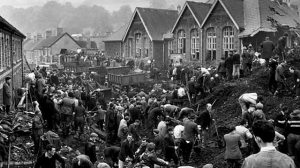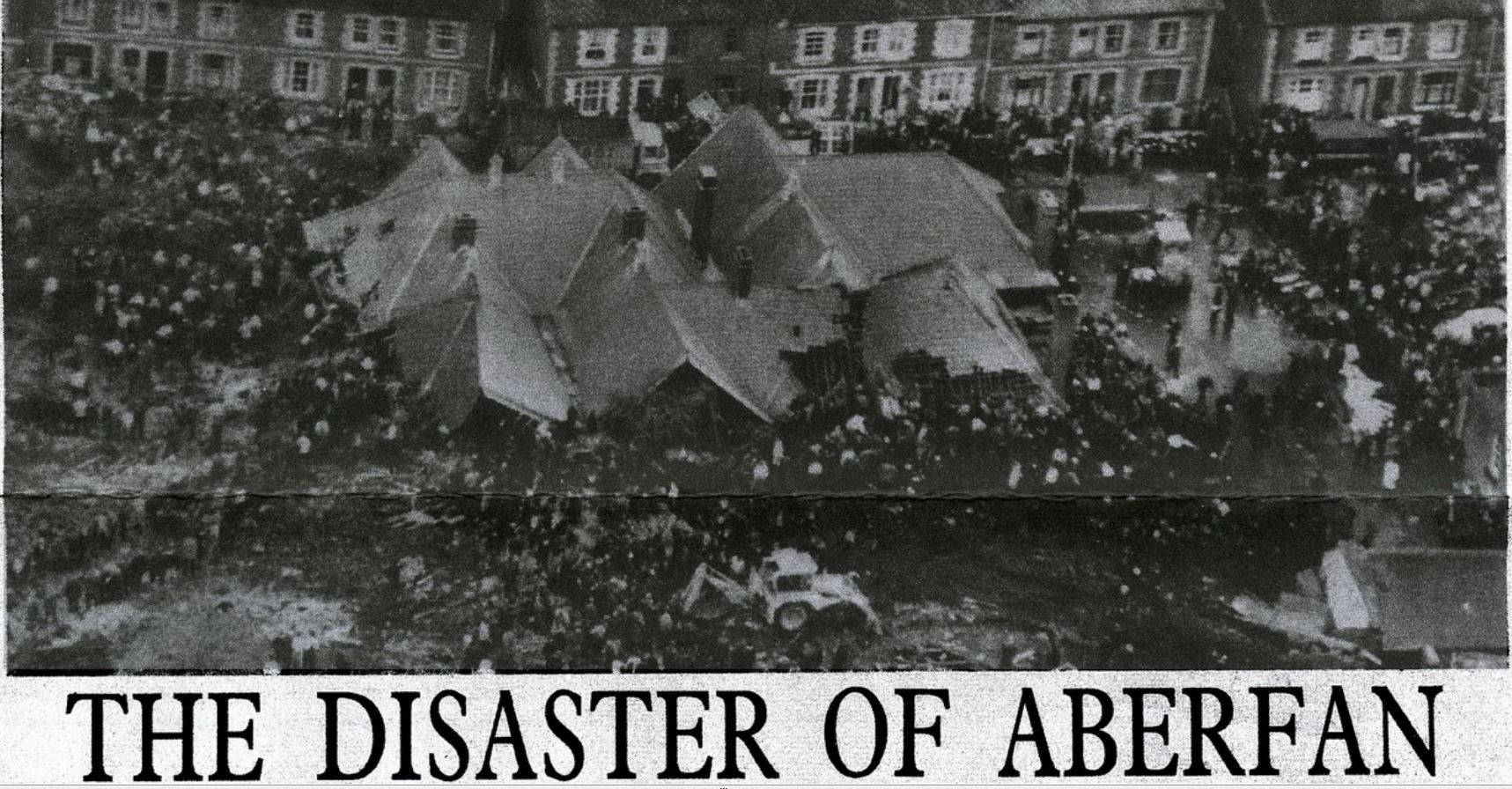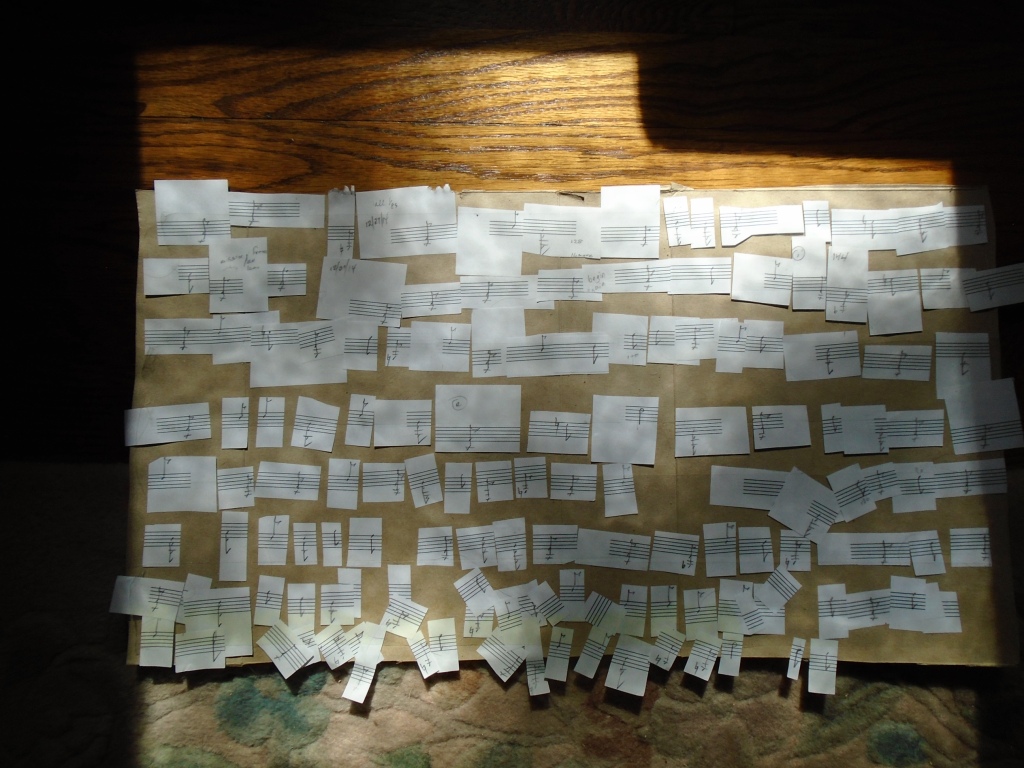
Stillness Variations is a collection of 8 modern pieces for piano and viola with Mimi Rabson.
Listen to an excerpt from Stillness Variation 3:
Composed originally for solo piano, Stillness Variations was born of a fascination I had with crossing my hands over and under one another to play. I became absorbed in the harmonies and unexpected rhythms that were created.
Stillness Variations is also now being released for solo piano.
Listen to an excerpt from Stillness Variation 3 for piano:
Throughout the writing process, I experimented with content and form. In playing with my hands crossed over one another, I also became painfully aware of the loss of my own identity suffered in relationship to my mother. Thus, Stillness Variation 5, for example, realizes my first deconstruction in composition — subtracting the last note of every measure. Stillness Variation 6 (House of Georgie Chains) was the last to be written and the most exploratory.
Immersed in these discoveries and inspired by the spaciousness in Feldman, Messiaen’s “Quartet for the End of Time” and minimalism, both Stillness Variations and Aberfan would be born.
Stillness Variations for piano premiered November 2013 at All Souls Mid-Week Music in Greenfield, MA.
“Your music is very paradoxical… there’s an intelligence about it that’s informed from an interior place which creates true originality and I’m using that word in its true meaning, “emerging from the origin, the source”. This duality of a simplicity and a uniqueness is very refreshing.” Joseph Marcello, Greenfield Recorder, October 31, 2013 “Humility & Conviction”
Recorded and mixed by Jay Hovnanian.
©2013 ℗2023 Laura Siersema
Au Sable Chasm, New York (Acknowledgement of the Freshwater and Marine Image Bank at the University of Washington Libraries as a source for borrowed images is requested. Materials are in the public domain. No copyright permissions are needed.)













